Confounding Powers: Anarchy and International Society from the Assassins to Al Qaeda
Nearly a decade and a half after 9/11, the study of international politics has yet to address some of the most pressing issues raised by the attacks, most notably the relationships between Al Qaeda's international systemic origins and its international societal effects. This theoretically broad-ranging and empirically far-reaching study addresses that question and others, advancing the study of international politics into new historical settings while providing insights into pressing policy challenges. Looking at actors that depart from established structural and behavioral patterns provides opportunities to examine how those deviations help generate the norms and identities that constitute international society. Systematic examination of the Assassins, Mongols, and Barbary powers provides historical comparison and context to our contemporary struggle, while enriching and deepening our understanding of the systemic forces behind, and societal effects of, these confounding powers.
{{comment.content}}
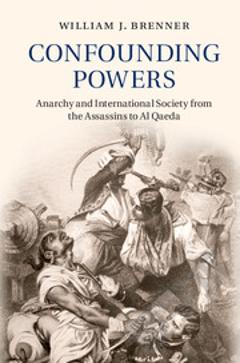
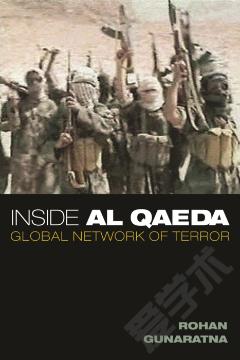
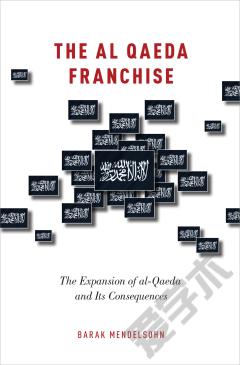
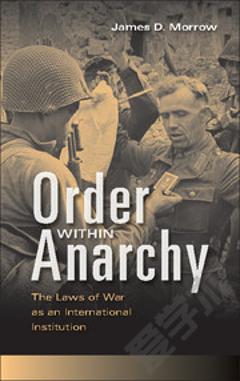
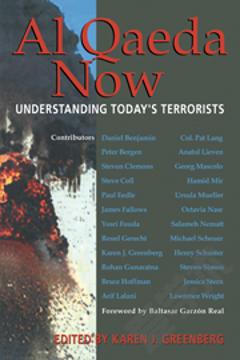
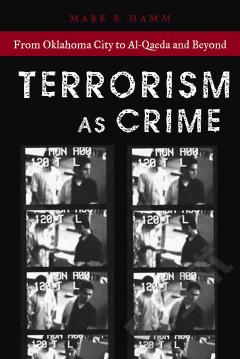
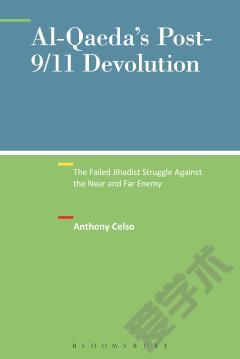

 京公网安备 11010802027623号
京公网安备 11010802027623号